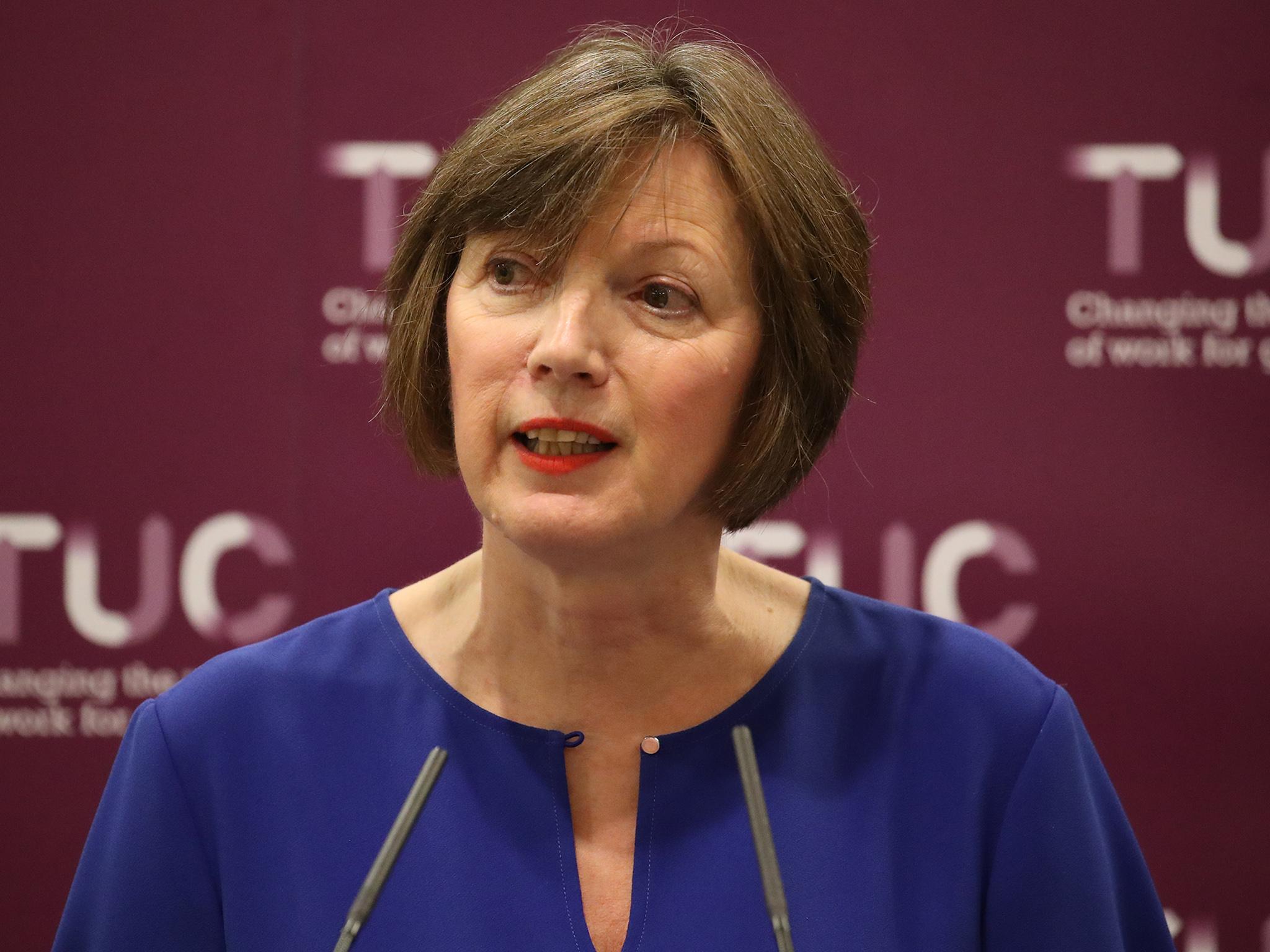
Households are already “stretched to the brink” before the impending increase in bills, unions have warned, as new figures show wages have failed to keep up with the rising cost of living.
The Office for National Statistics (ONS) said pay fell in real terms when comparing November 2021 to January 2022 with the same period the year before.
It put pay growth - not including bonuses and adjusted against inflation - at negative 1 per cent.
When taking rising prices into account as measured by Consumer Prices Index (CPI) inflation, wages fell by 1.6 per cent compared with a year earlier, according to the ONS.
The figures sparked warnings from unions that wages were already struggling to keep up with inflation before more living costs are expected to rise.
“Energy bills will rise at least 14 times faster than wages this year. Household budgets are already stretched to the brink and can’t take any more,” Frances O’Grady from Trades Union Congress (TUC) said.
Ms O’Grady said: “We need a plan to get wages rising in all jobs, a boost to Universal Credit, and a windfall tax on oil and gas profits – with the money raised going to energy grants for hard-pressed families.”
Mike Clancy from Prospect union, which covers a range of industries, said: “Today’s figures show that the cost-of-living crisis is already beginning to bite, even before households face a big hit from energy bills set to soar next month.”
Britons are bracing for a steep rise in household bills in spring, when 54 per cent rise in the price cap will come into force.
Experts have warned that the pressure on household finances will intensify due to the Ukraine conflict, with eye-watering gas and fuel prices set to see inflation rise from 5.5 per cent currently to nearly 9 per cent more in April.

After the ONS figures were released on Tuesday, Rishi Sunak acknowledged concerns over the rising cost of living, but cheered “a year of falling unemployment and a stronger jobs market bounce-back than so many predicted”.
The UK chancellor said: “I am confident that our labour market is in a good position to deal with the current global challenges, with payrolled employee numbers above pre-pandemic levels in every nation and region and redundancies at record lows.”
Mims Davies, the minister for employment, said:“These ONS figures show unemployment remains low, below pre-pandemic levels for the first time, and employment is continuing to grow, providing a stable foundation as new global challenges emerge.”







